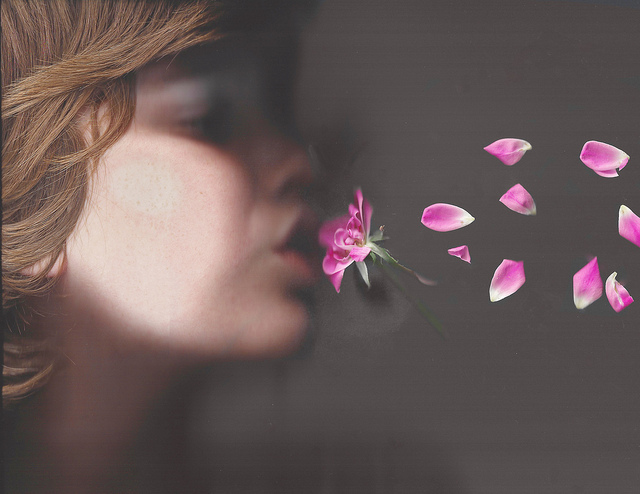
A few days back, I brought up the topic of impermanence while out to lunch with friends.
I’ve never been one to exaggerate celebrations, such as the arrival of a new baby, birthdays, weddings, or promotions. I think that we often overdo celebrations because we unconsciously want to keep the object of our celebration. Perhaps, if we contemplate the endings, we might approach the celebration of beginnings differently.
A friend of mine disagreed with this idea and told me I was being pessimistic.
After reflecting on similar conversations I’ve had in the past, I realized that many people associate impermanence with negativity.
But why can’t we associate endings with optimism—or at least, positive realism?
The belief is that endings are painful, and that’s why we resist them. Whenever I lost something, or someone, in the past, I firmly believed that the problem was the actual loss. The harder I clung, the more miserable I became. It took me quite some time (and a whole lot of losses) to realize that I had it all wrong.
The problem wasn’t the loss—the problem was me obsessing about the object I was losing.
Studying Buddhism has helped me learn more about the notion of impermanence. However, we don’t need Buddhist philosophies or religious affirmations to open our eyes to impermanence.
Impermanence is happening every day. If we can’t discern the changes around us, it doesn’t mean they’re not taking place. Everything—including our own cells, thoughts, and emotions—is in a cycle of birth and death.
Impermanence is the very essence of life.
Things change because the causes and conditions that frame everything also change. Since everything is interdependent, when one element deviates, the other automatically deviates as well.
We’re likely to be in denial of this cycle. We might claim that we’re aware that everything will eventually cease—including our own existence, but the truth is, we’re only aware of this reality on the intellectual level. We’re taken by surprise every time we lose someone close to us—whether through death or a break-up. Nonetheless, after months and years, memories of impermanence escape us, and we approach things, once again, as if they’re lasting.
Many of us don’t allow the notion of impermanence to be engraved in our minds because we find it too pessimistic an idea to adopt.
The first time I consciously experienced impermanence was during my first backpacking trip to Nepal. I wanted everything to last, including the people I met and the places I visited. I even clung to the Annapurna Massif in the Himalayan range. I couldn’t let go of a summit. I spent a whole night thinking about it and wishing I could shrink it to take back home with me.
As I’ve traveled more, I’ve come to realize that embracing impermanence—instead of resisting it—is transformative.
I appreciate the people I meet and the places I visit more. Impermanence allowed me to approach each present moment in a different manner. By doing this, I’ve felt more in tune with the flow of birth, life, and death.
Although I could dress up the word “impermanence” with labels, I choose not to. Impermanence is not a pessimistic concept nor an optimistic one. It is what it is. Impermanence is a reality that we must accept and implement in our lives.
This doesn’t mean we’re going to enjoy life more if we adopt the notion of impermanence—endings aren’t always enjoyable. But foreseeing endings allows us to not hold on when it’s time to let go, which in turn helps us appreciate things—and people—more.
To implement impermanence in our life, all we have to do is become aware.
Let’s open our eyes to the endings that are occurring every minute. Start with yourself. Notice the outward causes and conditions in your life that are causing internal changes each day. You’re not the same person you were one year ago, or even one day ago.
Behold nature on your way to work. See how trees lose their leaves in winter, only to grow them again in spring.
Instead of feeling sorry that people are losing their lives every day, understand that your life is set to end, too. Contemplate the relationships around you; find peace with the fact that someone you kissed last year is in someone else’s arms today. The chair you’re sitting on will one day break, and the screen on which you’re reading these words may eventually crack.
When we accept the reality of these things, we save ourselves from constant heartbreak. We begin to appreciate the presence of everything around us, whether it’s a person or a chair.
Let us not fear impermanence, for without it, we wouldn’t have beginnings. After all, what is life but a series of beginnings that bring us new moments to experience?
And with those beginnings come endings, which I choose to see as blessings. They’re the food for our intellectual and emotional growth. So let’s embrace it all.
Author: Elyane Youssef
Image: Zak Cannon/Flickr
Editor: Nicole Cameron







Read 2 comments and reply